Transforming Mental Health Treatment with Virtual Reality Exposure Therapy (VRET)
Virtual Reality Exposure Therapy (VRET) is at the forefront of mental health treatment, offering a revolutionary approach to confronting fears and anxieties. With VRET, patients can experience immersive virtual environments that make exposure therapy more effective and accessible.
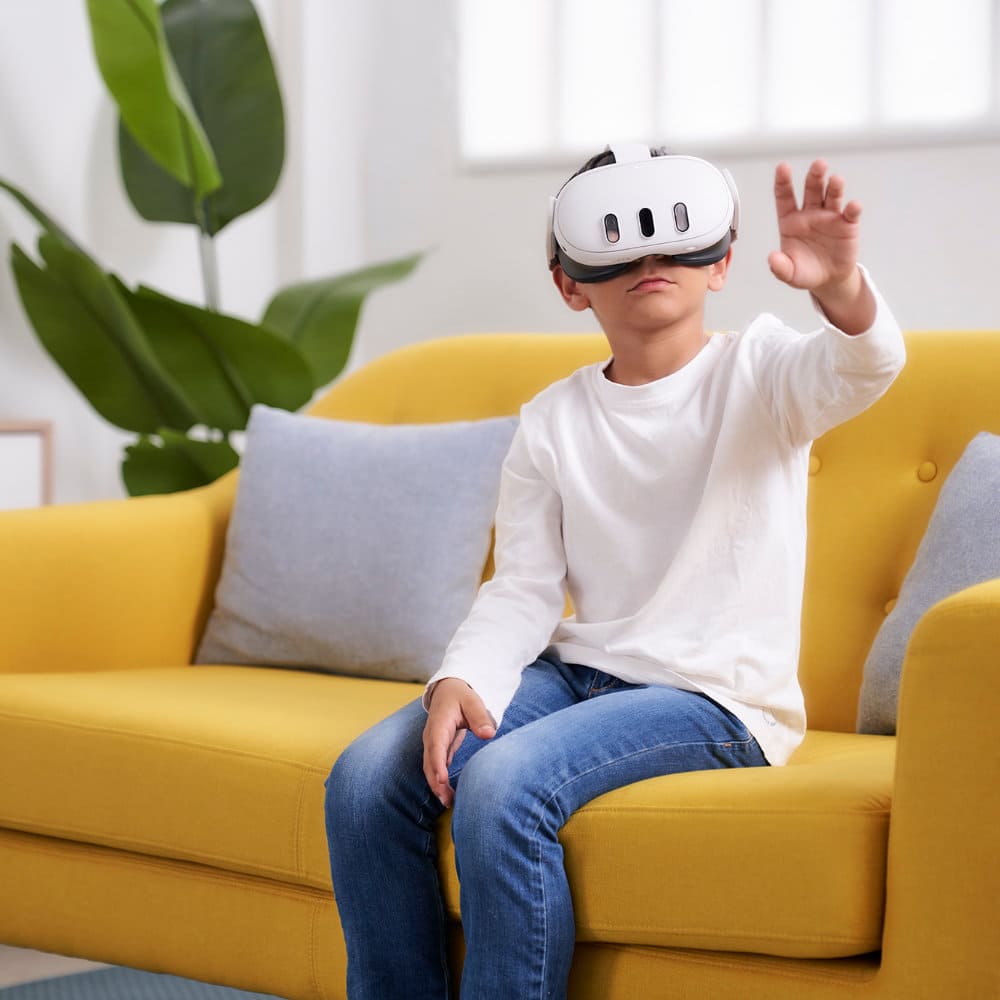
The Benefits of Virtual Reality Exposure Therapy (VRET)
More efficient Exposure Therapy
Virtual reality exposure therapy allows you to perform exposures directly in your office, significantly simplifying the treatment process.
Faster Outcomes
Because patients can feel a difference immediately, they may progress faster and stay motivated to continue therapy.
Robust Data & Monitoring
Real-time data analysis for personalized treatment adjustments and optimized outcomes.
Evidence-Based
Our platform is based on three decades of evidence that supports the use of VR in mental health.
What Can You Treat with VR Exposure Therapy Software?
 Phobias
Phobias Social anxiety disorder
Social anxiety disorder Obsessive-compulsive disorder
Obsessive-compulsive disorder Panic disorder
Panic disorder VRET Professional Kit: elevating Exposure Therapy
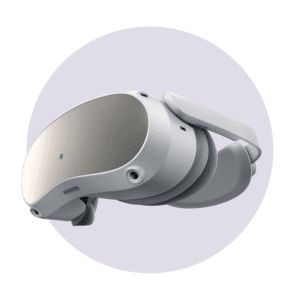
Virtual Reality device
A comprehensive VR equipment package, including a headset that seamlessly synchronizes with the XRHealth platform.
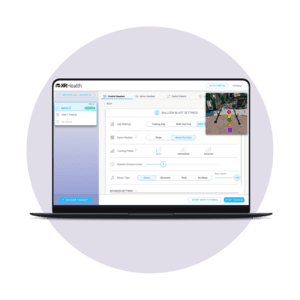
VR Exposure – A remote solution
Explore the flexibility of VRET with remote sessions using the Amelia by XRHealth app, allowing therapists to connect with patients via smartphone or tablet. Therapists can also assign tasks for patients to complete between sessions.

VR Exposure Therapy software training and support
Access the Academy Training Program and a wide array of resources, such as manuals, example cases, and best practices, exclusively to equip you with the knowledge and skills needed for effective VR patient care.
Explore Our Comprehensive VR Exposure Therapy Solutions. Book a demo today and see how our VRET solutions can enhance your therapeutic practice.
Request DemoVR therapy beyond VRET
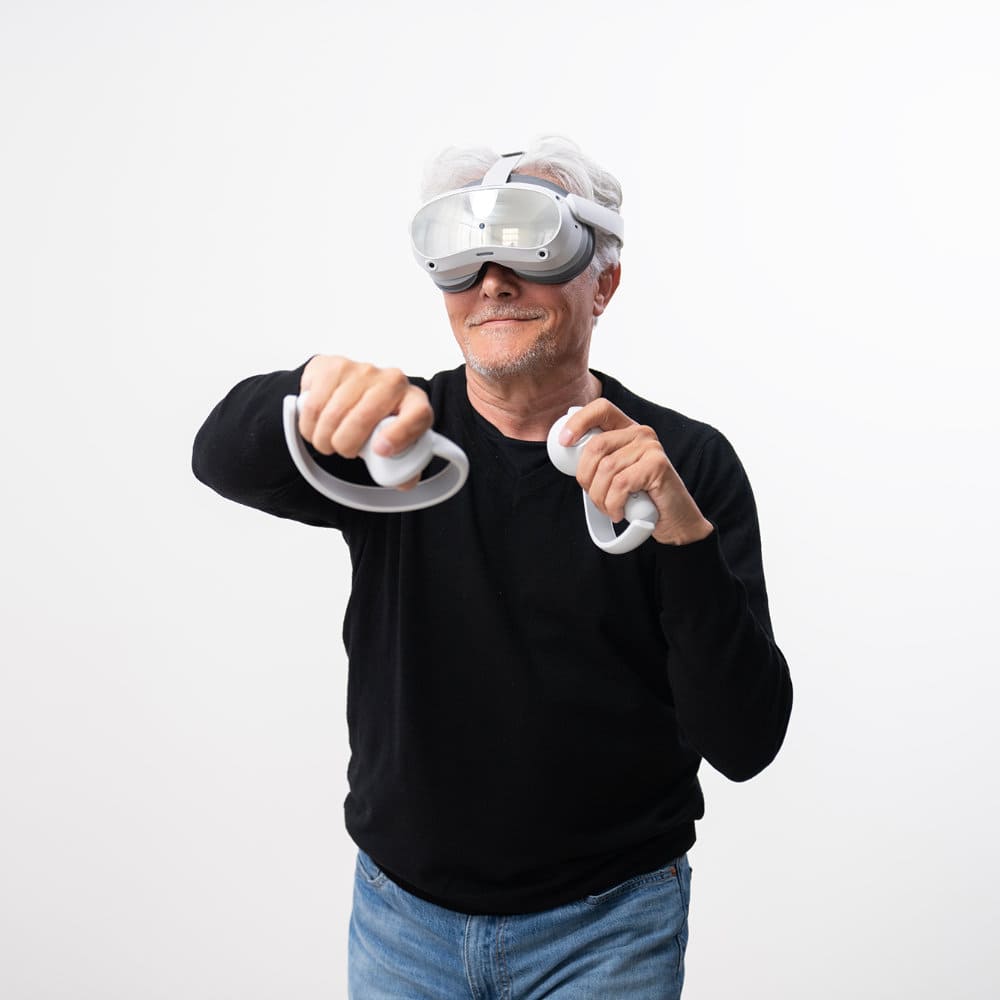
Enhance your patients’ quality of life and daily living skills with our tailored solutions for occupational therapists.

Assist patients in recovering cognitive function through engaging exercises designed to stimulate memory, enhance attention, and refine problem-solving abilities.

Help patients recovery from injuries, manage acute and chronic pain, and improve their range of motion with our VR physical therapy platform.

Explore the range of behavioral health applications of our VR therapy platform, from trauma, addictions, ADHD, depression, and more.
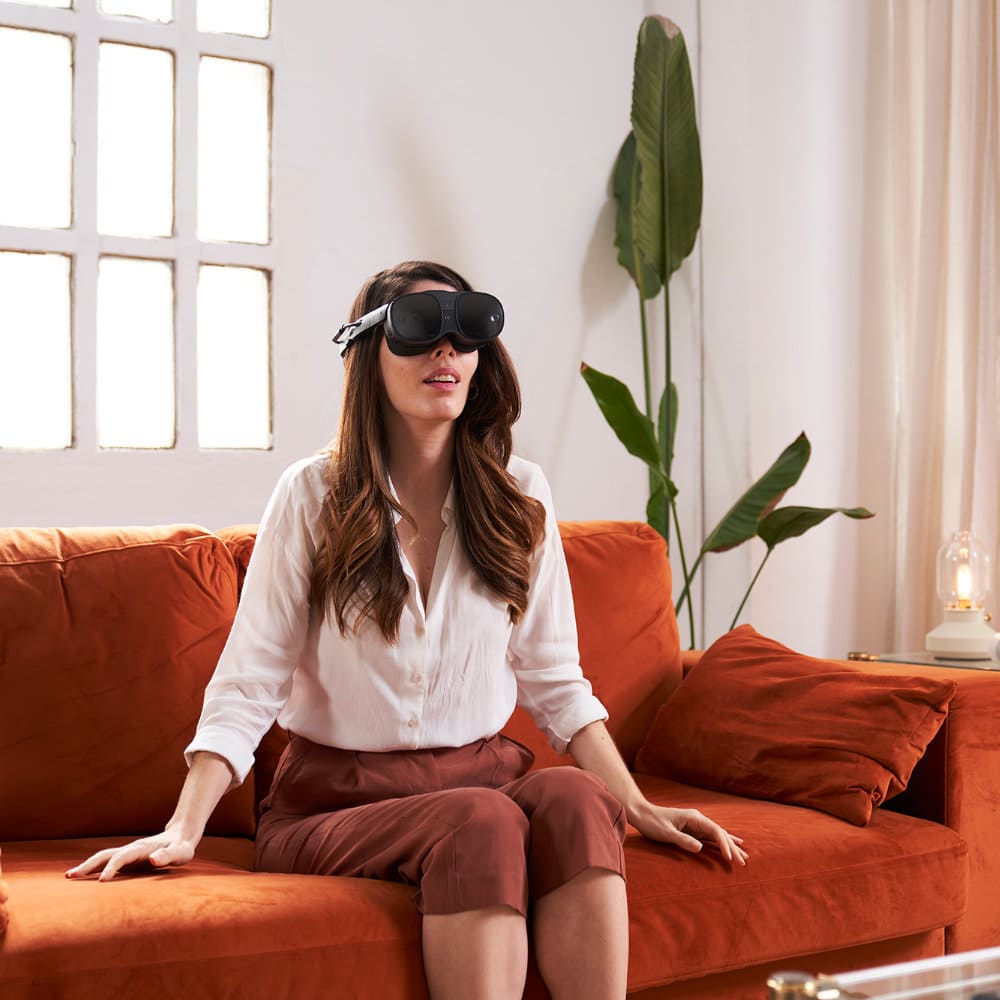
Explore the world of VR applications in neurology, encompassing post-stroke rehabilitation and the management of neurodegenerative conditions such as Alzheimer’s and other dementias.
Fill out the form to learn more about our Virtual Reality therapy platform for healthcare providers.
What is the Difference between VR Exposure Therapy and Traditional Exposure Therapy Techniques?
Virtual Reality Exposure Therapy (VRET) differs from traditional exposure therapy in that it leverages immersive VR technology to create controlled, lifelike environments for patients to confront their fears or anxieties. Unlike traditional in-vivo exposure therapy, VRET provides a safe, repeatable, and customizable way to expose individuals to their phobias or triggers. VRET allows patients to take off in an airplane or ride an elevator up to the top of a skyscraper multiple times within one therapy session.
It can be more engaging and less intimidating for some patients, allowing for gradual desensitization within a virtual setting.
How is Virtual Reality used in Exposure Therapy?
Virtual Reality is employed in exposure therapy by simulating scenarios or environments that trigger a patient’s anxiety. Patients wear VR headsets to immerse themselves in these simulated environments while guided by a therapist. This controlled exposure allows patients to confront their fears gradually, promoting desensitization and reducing anxiety. Therapists can tailor the VR experience to the specific needs and progress of each patient.
Is Virtual Reality Exposure Safe?
Virtual Reality Exposure Therapy is safe when administered under the guidance of trained mental health professionals. The immersive experiences are carefully controlled and customized to each patient’s needs, ensuring that the level of exposure is appropriate and manageable. It’s essential that VRET is administered by qualified therapists who can provide proper support and monitoring throughout the treatment.
Our VR exposure therapy is evidence-based, providing safe and effective treatment options for individuals suffering from phobias, anxiety, and other related conditions.
Is VR Exposure Therapy Evidence Based?
Yes, Virtual Reality Exposure Therapy is evidence-based. Numerous studies across 30 years have demonstrated its effectiveness in supporting individuals with mental health concerns. VRET has been shown to yield positive outcomes in terms of symptom reduction and improvement in patients’ daily lives. Its evidence-based nature makes it a valuable therapeutic option for individuals struggling with anxiety-related conditions.






